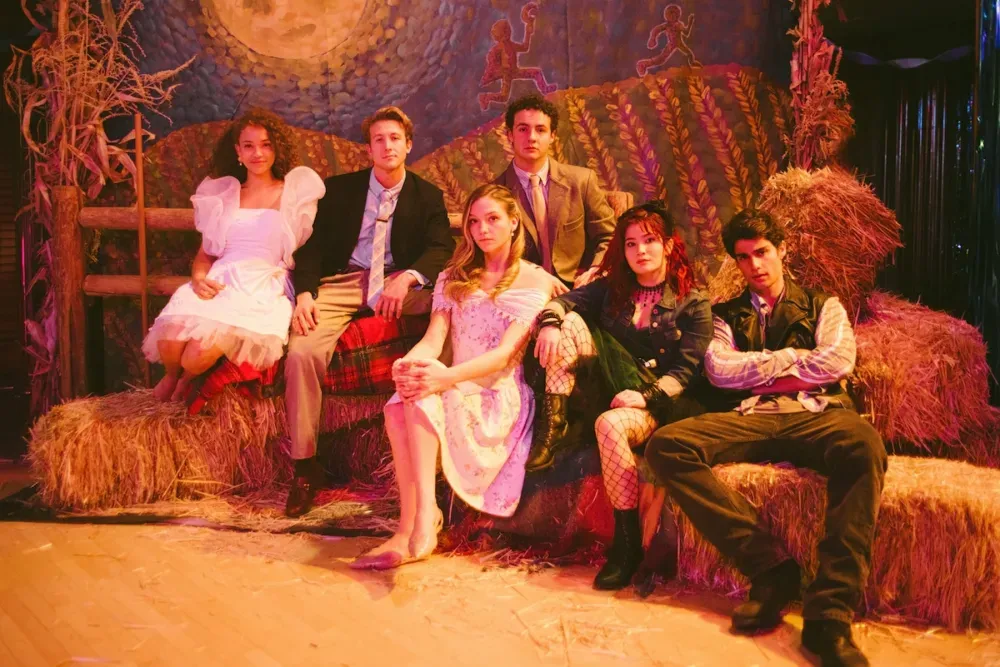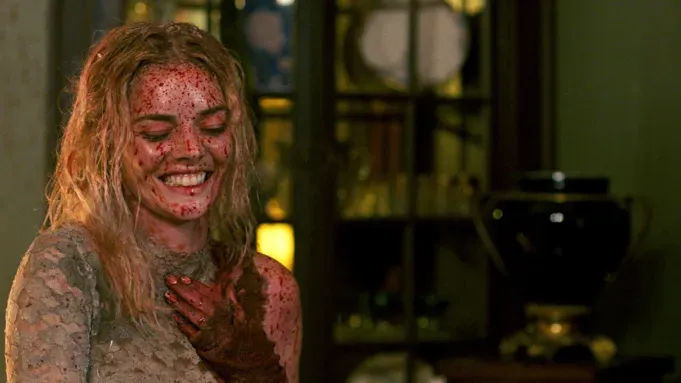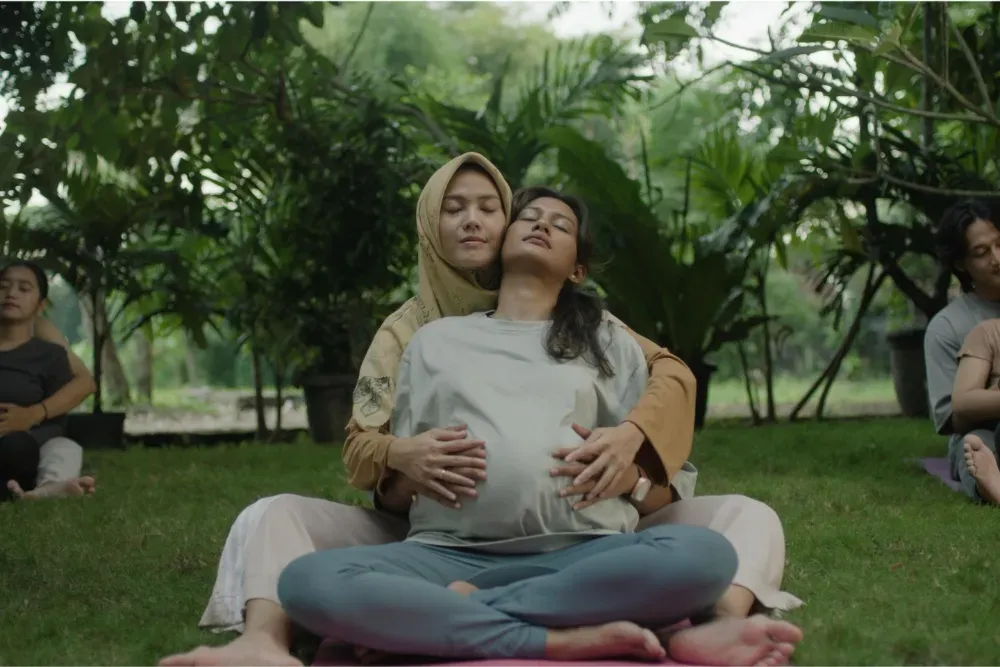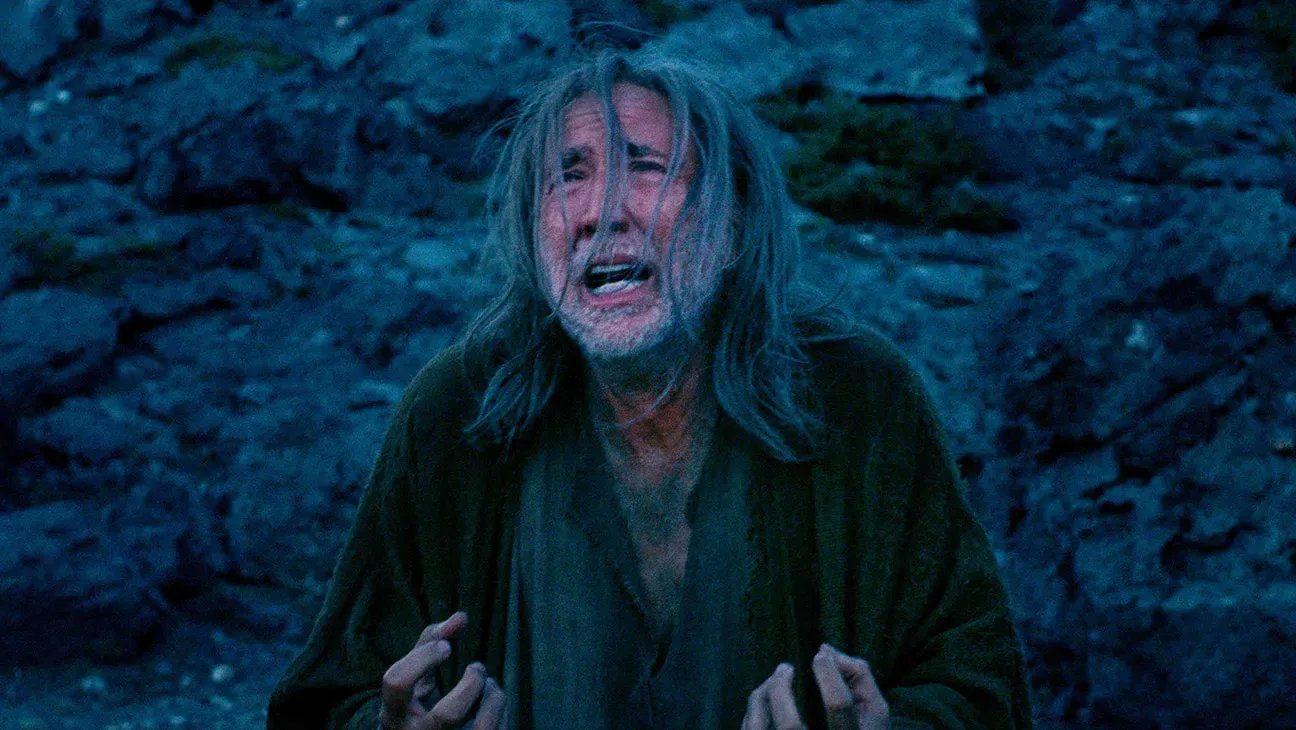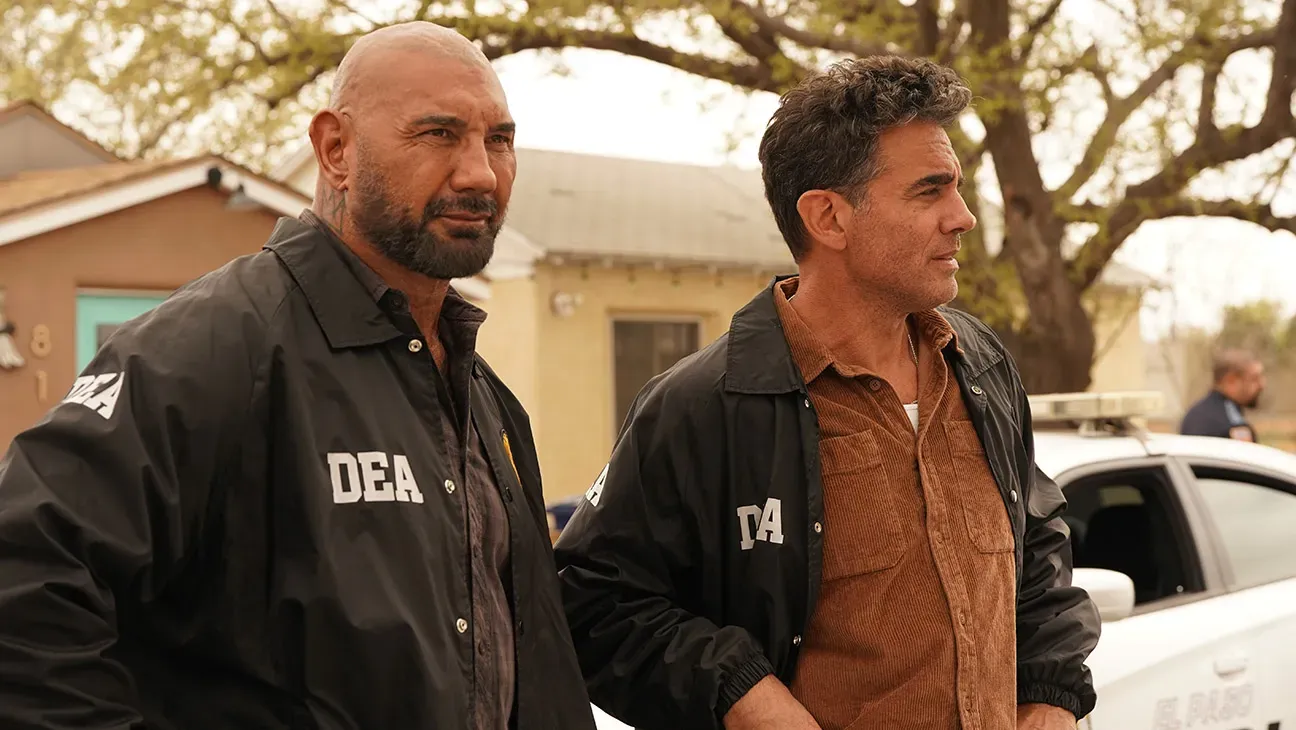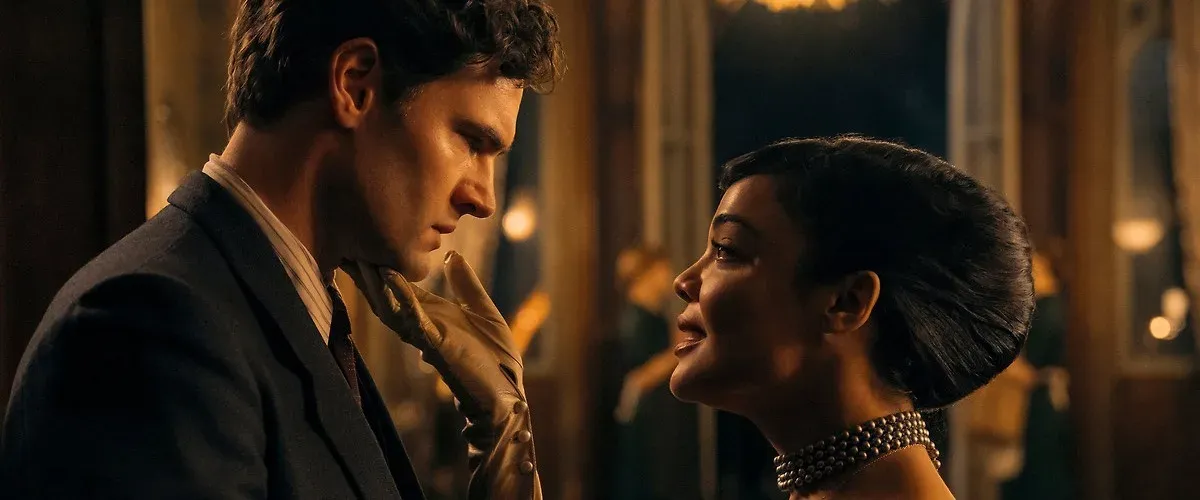
"Hedda Gabler Reimagined: A Trail of Chaos, Control & Sexual Energy"
- Oct 3, 2025
In the grandeur of a 1950s English mansion, Hedda Gabler (played by Tessa Thompson) fires one of her inherited guns. Left by her dear father, General Gabler, these guns are a symbol of Hedda's power, their keys dangled close to her heart.
As a beautiful newlywed, Hedda finds herself in a whirlwind life alongside her husband, George Tesman (Tom Bateman), who is eager to please her and command the respect of those around him. With their house frequented by family friend, Judge Brack (Nicholas Pinnock), there's a constant undercurrent of tension. All the while, the servants, lead by Bertie (Kathryn Hunter), are caught up in the whirlwind of prepping for an elaborately wild party, all for Hedda's amusement. Poor George tries to rein in his mischief-loving wife, but we all know how that story ends - Hedda just can't resist a bit of naughty fun!
This compelling take on the classic 19th Century Hedda Gabler play by Henrik Ibsen shows director Nia DaCosta in her element, seven years after her last groundbreaking work. Thompson delivers an enthralling portrayal of Hedda Gabler, infusing the character with an enthralling mix of confidence, poise, and - let's not forget - a wicked dark side.
When Eileen Lovborg (Nina Hoss), Hedda's ex-lover, joins the fray, Hedda gets drawn into a game of manipulation and jealousy. Hedda utilizes her cunning intellect to throw Eileen off-course, unsettling Eileen's sober and newfound love with Thea (Imogen Poots). Why? Well, let's just call it a 'Hedda special' - she likes toying with people’s lives, especially when it threatens her husband's professional success and their fanciful lifestyle.
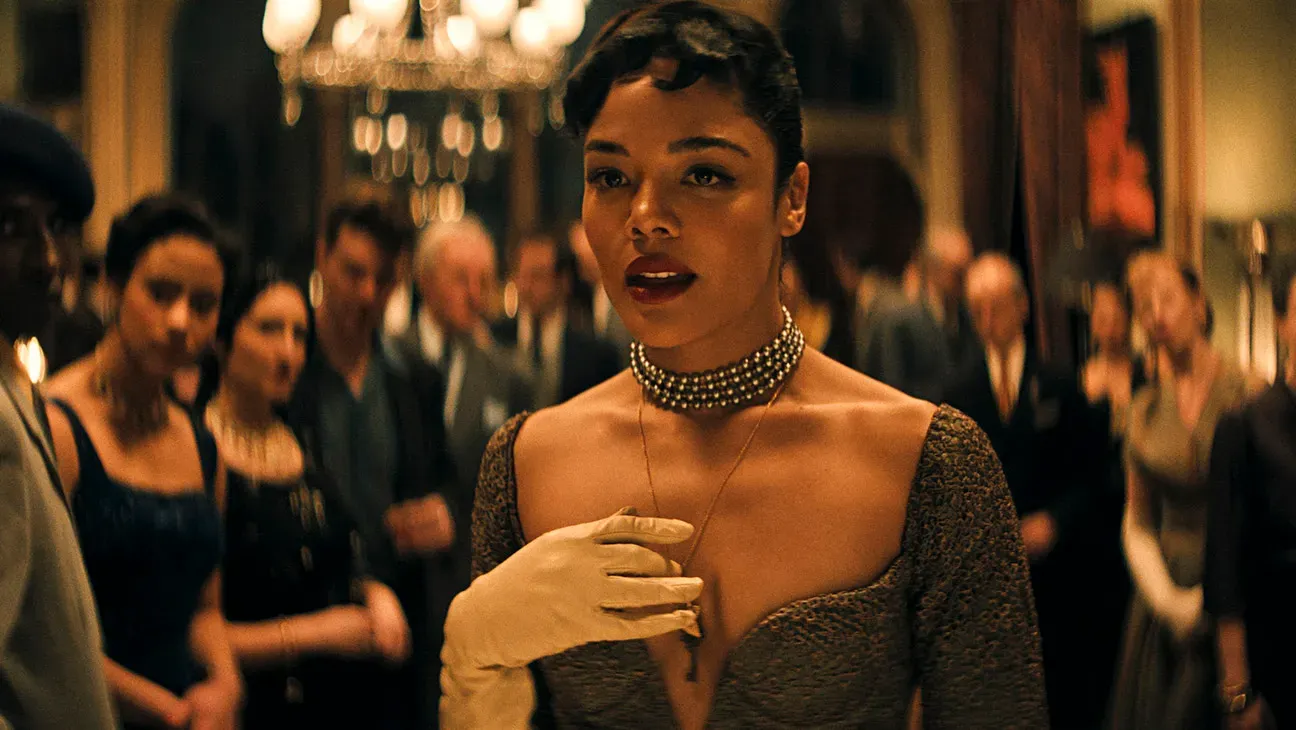
The original Ibsen play showcases Hedda's frustration with her life and her desire to control the fate of the men around her, ultimately leading to her tragic end. However, DaCosta's version introduces a delightful twist: Eileen Lovborg is now a woman, shifting the narrative into a poignant queer melodrama. Lovborg, played brilliantly by Hoss, emerges as the object of fascination for young women, much to the males’ bewilderment.
Poots, who portrays Thea, shines playing a resilient woman who sees through Hedda’s plays, while the men haplessly struggle trying to regain control. The film concludes with a massive and uproarious climax at the party, resulting in a narrative that relies on humor and chaos.
The reimagination of Hedda Gabler is a delightful cinematic ride that reminds us that Thompson is a transcendent talent and DaCosta has many more captivating narratives up her sleeve. Here's to hearing her narrative voice once again!


